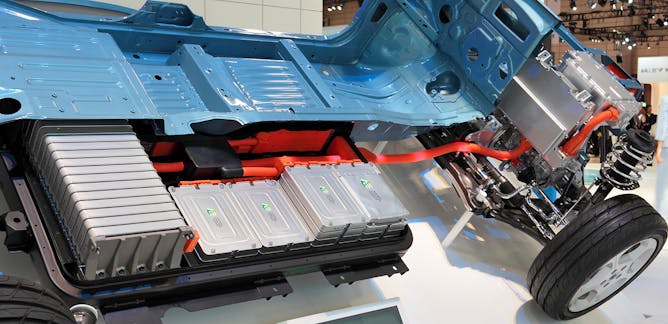
Hunan University

Hunan University (HNU) is situated in Changsha, a renowned historical and cultural city. It is adjacent to the rippling Xiangjiang River on its front and picturesque Yuelu Mountain at its back. It is reputed as an “Ancient Millenarian Academy and Famous Centennial University”.
Originated from Yuelu Academy, founded in 976 AD., HNU is an institution of higher education run at a permanent location for the longest time in China. It has maintained cultural education for thousands of years and illustrated an embodiment of China’s higher education development and rare history in the world’s higher education. HNU was reconstructed into the Hunan Institute of Higher Learning in 1903; renamed Hunan University in 1926; and was designated as one of the 16 state universities in 1937. After the founding of the People’s Republic of China in 1949, Li Da, a founder and early leader of the Communist Party of China, was appointed as the first president of HNU. Late Chairman Mao Zedong inscribed the name of the university. In 2000, HNU and the Hunan Institute of Finance and Economics merged to form the HNU of today. Since the launch of reform and opening up in 1978, HNU has been designated as a state key university and listed under the “Project 211” “Project 985” and “Project Double First-Class”.
HNU has 27 colleges and schools. The professional disciplines cover eleven subject categories: philosophy, economics, law, education, literature, history, science, engineering, management, medicine, and arts. A system of academic disciplines with a solid foundation of sciences, strong engineering strength, featured humanistic and social science, emerging life and medical science, and active emerging interdisciplinary study has taken shape. HNU offers 78 undergraduate programs, 37 first-level disciplines authorized to confer master’s degrees, and 30 first-level disciplines to confer doctorates. Chemistry, mechanical engineering, and electric engineering are listed as “world-class disciplines” of the Ministry of Education.
Links
Displaying all articles



